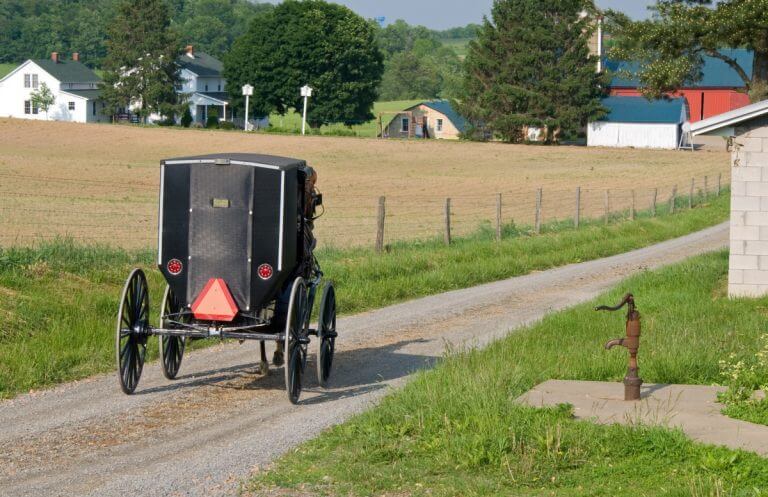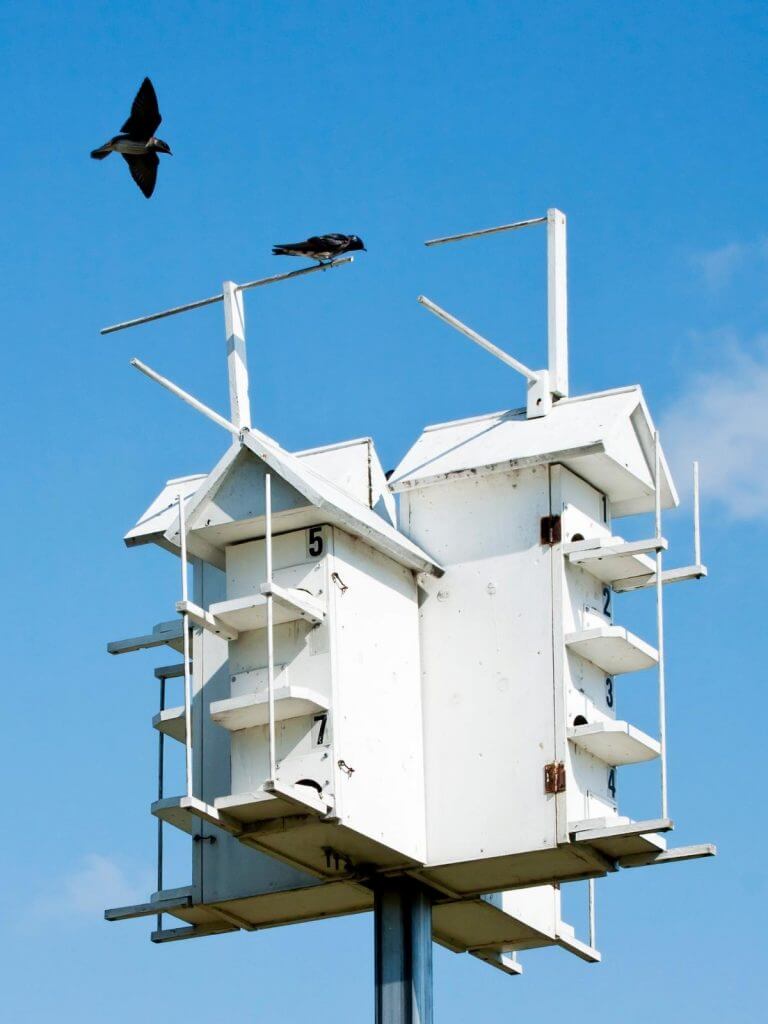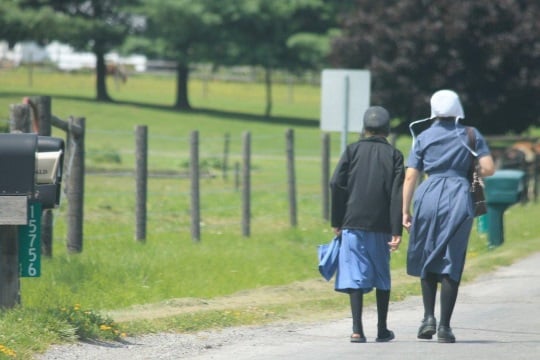Is Hemp The New Amish Cash Crop?
I missed this odd story when it appeared in late August. Someone is stealing hemp plants from two Amish farmers in Chester County (part of the greater Lancaster County settlement).
I wasn’t even aware Amish were growing hemp, which is used to make a wide array of products including clothing, rope, insulation, plastics, and biofuel.
And there is a reason – this is all quite fresh. Pennsylvania just approved the commercial production of hemp in 2018.
Only 600 acres were grown last year statewide. This year, the number of growing farms has spiked to 300, ten times more than in 2018.
Hemp is often confused with marijuana, but there is an important difference.
While marijuana plants contain from 5% to 20% THC, hemp may contain a maximum of 0.30%.
The plant must be destroyed if it contains more than that.

So whoever is stealing these plants thinking they are marijuana, will be disappointed.
The farmers have taken steps to try to stop the plant-stealers, but to no avail:
Recently, hemp plants grown by two Honey Brook Amish farmers have been going missing, despite an electrified fence. Both farms are just off Park Road in Honey Brook.
“We just had 20 plants stolen,” said one of the farmers, who owns the farm along with a neighbor and wanted to remain anonymous. “They are taking them in the middle of the day.”
The thefts have been reported to police, the farmer said, but there have been no arrests.
…
To discourage thieves, farmers have placed signs and electrified fences on both fields.
The signs state that it is industrial hemp that contains no THC (tetrahydrocannabinol), the psychoactive substance found in marijuana. The signs also warn that trespassers will be prosecuted.
But that’s not stopping the thieves.
“I guess they are just jumping over the fence somehow,” the farmer said. “They’re getting in.”
The electric fence is low-voltage and not fatal to humans.
Fields of Amish hemp?
Amish in this part of the world are always on the lookout for ways to maximize the yield of their (very-high-priced) acreage.
Tobacco is one of the cash crops which has filled that need for some in the Lancaster Amish community (and its sister settlements).
Tobacco is controversial, however, for the obvious reasons. Should plain people produce a harmful product that contributes to people’s vices?
Hemp plants are described as having a value of $5-6 each in the article, so it seems they could be quite an attractive cash crop alternative to tobacco.
Hemp would be arguably less controversial, since even though it has associations with the related marijuana plant, it is primarily used for making useful products.
And there’s another potential positive overlap with the Amish: the marketing around the hemp products I’ve seen – things like bags and other clothing – seems to emphasize its “natural” characteristics, something which aligns with the popular image of the Amish.
It’s early days…but could hemp replace the common sight of acres of tobacco in Lancaster County some day soon?








Hemp
I would say the ones stealing the hemp won’t be disappointed, it will be the ones who buy from them thinking it is marijuana.
Ah, good point. Very possible that’s what’s actually going on here.
inside job
Sounds like an inside job. Hemp probably has more kick than cornsilk.
Mistaken / confused // for / with
Mark, I think that you’re quoting a news story in part of your post. The text uses “for” as the complement of “confused”. Seems to me that what once was a “mistaken for” has been edited, but edited incompletely — “confused with” is standard. Any chance that you can emend that?
Getting old
I’m sorry, Erik. “Mark” ! Cerebral air-lock, I’m afraid.
Thanks for catching that, Alex. Just fixed it.
I spoke to one Amish farmer who told me that the local newspaper said each plant is worth $1000. Soon after they had a large theft. He also told me they have a lot of questions since this is their fist year. I explained to him what I knew about growing and drying the other kind and he listened very carefully.
Stolen plants
Maybe they stole the plants to get the seeds to start their own hemp farm. My father tried to buy blueberry bushes years ago from a grower and he would only sell a few- he was afraid to competition. He finally convinced him they were just for our family so the guy sold him a few.